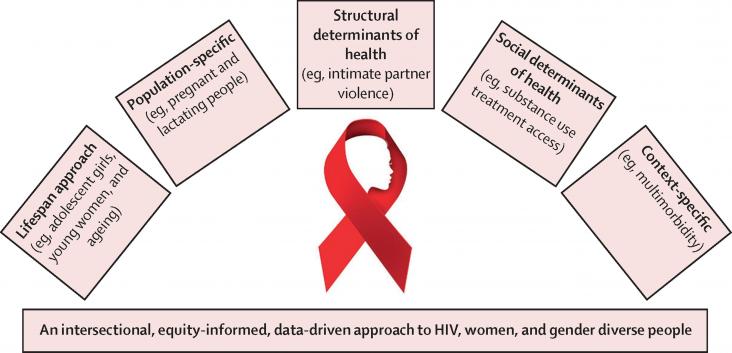This paper is about premature menopause (before the age of 40) and early menopause (40-44) and highlights the specific research and care needed by women experiencing premature or early menopause.
This article is about mental health and menopause and questions the assumption that menopause always causes mental health problems whilst also identifying specific at-risk groups who may need additional support.
This paper is about treatment-induced menopause after cancer care. It highlights how treatment-induced menopause can lead to more severe symptoms than natural menopause and these are often overlooked during cancer care – especially in LMICs.
Elsevier,
Julian K. Trick, Marianne Stuart, Shaun Reeder,
Chapter 3 - Contaminated groundwater sampling and quality control of water analyses,
Editor(s): Benedetto De Vivo, Harvey E. Belkin, Annamaria Lima,
Environmental Geochemistry (Third Edition), Elsevier, 2024, Pages 35-62, ISBN 9780443138010
This chapter aligns with Goal 6: Clean water and sanitation by reviewing the tools available for the collection of groundwater samples, methods of on-site water-quality analysis, and the appropriate preservation and handling of samples. This work contributes to the anaylis of groundwater in efforts to monitor and improve water for populations.
This Series paper supports SDGs 3 and 5 by examining the determinants of maternal health and mortality and how these could be addressed to improve outcomes. The causes of maternal mortality, and efforts to improve maternal health, require a multipronged and multidisciplinary approach.
The results from this study indicate that the AI-based risk assessment predicts later stage breast cancers as high risk among women who currently are sent at home with a negative mammogram.

Women and gender diverse people remain disproportionately affected by HIV, face unique challenges and have been under-represented in HIV research.
Women are disproportionately affected by HIV globally, and in some of the hardest hit regions, women bear the brunt of the epidemic in terms of both disease burden and care for those affected.
Right to abortion and access to care support SDG 3.
This Viewpoint supports SDGs 3 and 10 by examining how structural ableism denies disabled people equitable access to health care, and discussing the principles by which it could be reduced.
